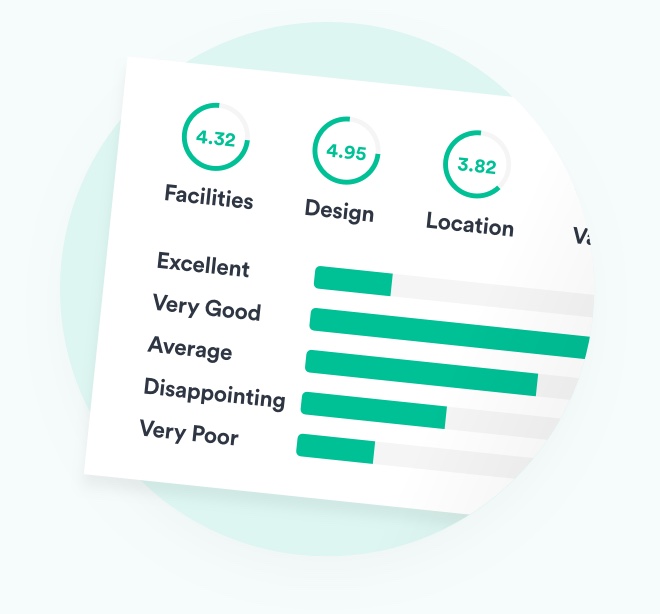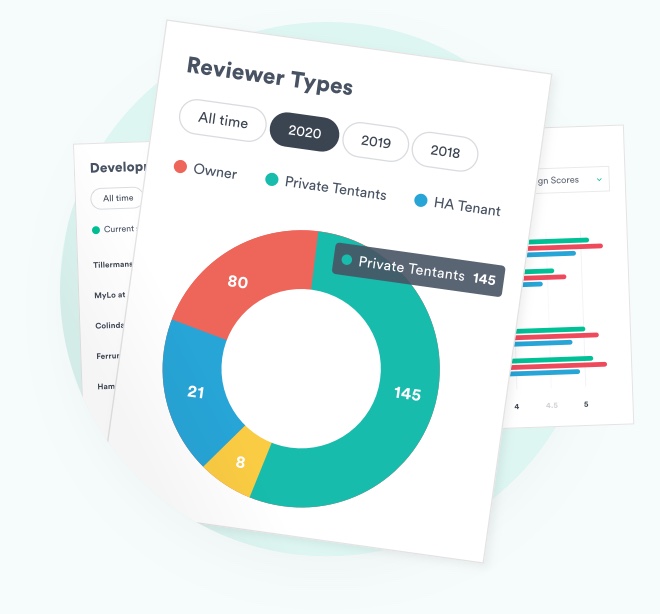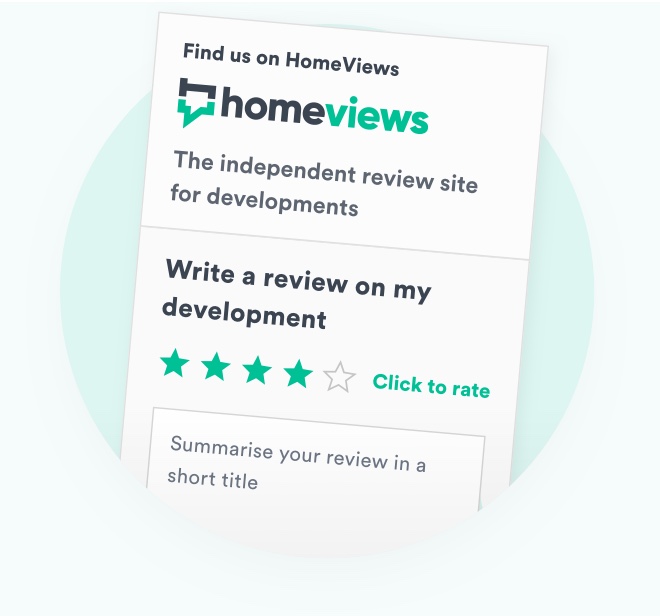If you’re a homeowner, looking to access cash to pay for additional or unforeseen costs, equity release plans may be a viable option. But how does equity release work? Our thorough guide provides answers to some of the most frequently asked questions about the scheme.
FAQs
What is equity release?
Equity release can be a useful means of freeing up cash from the value of your home. If you’re an older homeowner, you may be able to claim a lump sum, or a series of payments, taken as a tax free loan against the value of your home, which you then pay back in increments.
How does equity release work?
So, how does equity release work? If you’re aged 55 or over, and own your home, equity release allows you to access a lump sum of cash from the value of your property. A specialist equity release firm usually provides the service. They provide you with tax-free cash payments based on the value of your home. Payments can be taken in one lump sum, or you can set up an incremental approach where you receive payments at regular intervals. The equity release firm provides a repayment plan for paying back the loan.

What are the restrictions to accessing equity release?
To access equity release, you need to be aged 55 or over and be a homeowner. Equity release firms will assess your equity release application and make an offer for how much you can access. This is based on the value of your home and other financial and personal circumstances.
There are two types of equity release scheme, and both are regulated by the Financial Conduct Authority (FCA). Lifetime mortgages provide funds in a single lump sum or a series of lump sums. You then repay the loan, with interest over time. Home reversion schemes involve you selling all or part of your home to a home reversion company. The firm pays you a lump sum or a series of payments, while you continue to live in the property. Lifetime mortgages are by far the most popular type of equity release scheme.
How do you pay back equity release?
If you take a lifetime mortgage scheme, you can arrange to repay the loan and interest over a set period. You can also opt to only repay the interest. In this case, the lump sum of the loan and any other interest is repaid after you die. Equity release schemes are designed to be repaid until the death of the last borrower. At this point, the lender is repaid in full, plus any interest accrued. However, you can repay your loan at any time.
With a lifetime mortgage, there’s typically a yearly limit on your repayments. This is usually 10% of the value of the initial loan. This means that the shortest period you can repay the loan in full, without accruing additional charges, is 10 years. Some plans allow you to repay more each year, up to 40% of the full value of the loan. If you pay over the permitted limit per year, or repay your loan early, some firms may charge an early repayment fee.
What can I use equity release to pay for?
You can use equity release to pay for anything you like. Some of the most popular uses for the funds are to repay other loans or debt, to pay for home improvements, supplementing your income or lending financial support to family members. You could also use equity release to pay for long-term care.
Do you pay tax on equity release?
Equity release payments are tax-free, so you won’t lose any of the money you receive when you sign up for an equity release scheme. The payments are classified as a loan rather than a form of income, so it’s not subject to income tax or any other form of taxation.
Can I sell my house if I have equity release?
If you have equity release, you can still sell your home. You can repay a lifetime mortgage or any other equity release product at any point, and by any means. If you do sell your house, you simply need to make sure the money you make from the sale adds up to any remaining debt owed to the equity release firm, plus interest or other charges. The firm may require you to pay an early repayment charge, depending on the terms of the loan.
Read more
Does equity release affect the state pension?
You may be wondering if taking out an equity release scheme influences the amount of state pension you can receive. The simple answer is no. The government calculates state pension payments based on your national insurance contributions. Equity release payments have nothing to do with this.
What are the disadvantages of equity release?
Although equity release can be an ideal way for some people to release much-needed cash, there are some potential disadvantages. Firstly, the most obvious drawback is that equity release does increase your burden of debt, especially when you consider the impact of interest costs. Although equity release payments don’t impact on your eligibility for the state pension, it can affect your entitlement to means-tested state benefits.
Another potential drawback of taking equity release is that it prohibits you from taking other loans against your house. Finally, there are fees associated with taking equity release, so it will cost you money to join a scheme. If you repay your loan early, there may also be charges involved.
Can I access equity release if I’m under 55?
Equity release schemes such as the lifetime mortgage are only available for homeowners aged 55 or over. If you’re under 55, there are other options for releasing equity in your home.
These options include remortgaging or moving onto a mortgage with a favourable rate or a lower loan-to-value ratio. You could also access a home improvement loan, which is usually available up to the value of £25,000. Another alternative is to sell your home and move to a cheaper home, which can free up significant amounts of capital.
Is equity release a good idea?
Whether equity release is a good idea is really down to your personal and financial circumstances. For some people, it can be an extremely useful way to free up cash for necessary expenses. As costs arise later in life, it may not make sense to have so much capital tied up in your property. You might consider it worthwhile to access some equity in your property, so you can enjoy a more comfortable life.
If, however, you’re already heavily indebted, or you may struggle to make repayments or cover the interest on an equity release payment, you might consider it too much financial burden to assume. While equity release lowers the value of your estate, so relatives will have less inheritance tax to pay after you pass away, it will also reduce the actual inheritance they’ll receive. This is a choice you may need to discuss with family members, weighing up both the benefits and the drawbacks.

HomeViews provides verified resident reviews of the UK’s housing developments. We also now have a specific category to make sure that housing association tenants can have their say. We’re working with developers, operators, housing associations, landlords and the Government to recognise high performers and help to improve standards in the built environment.



















